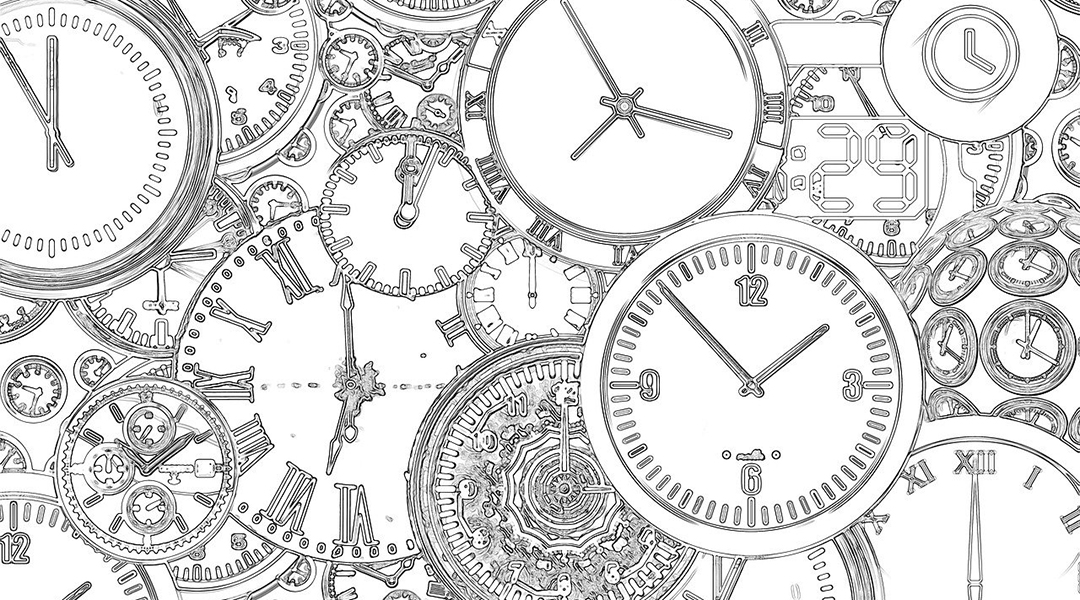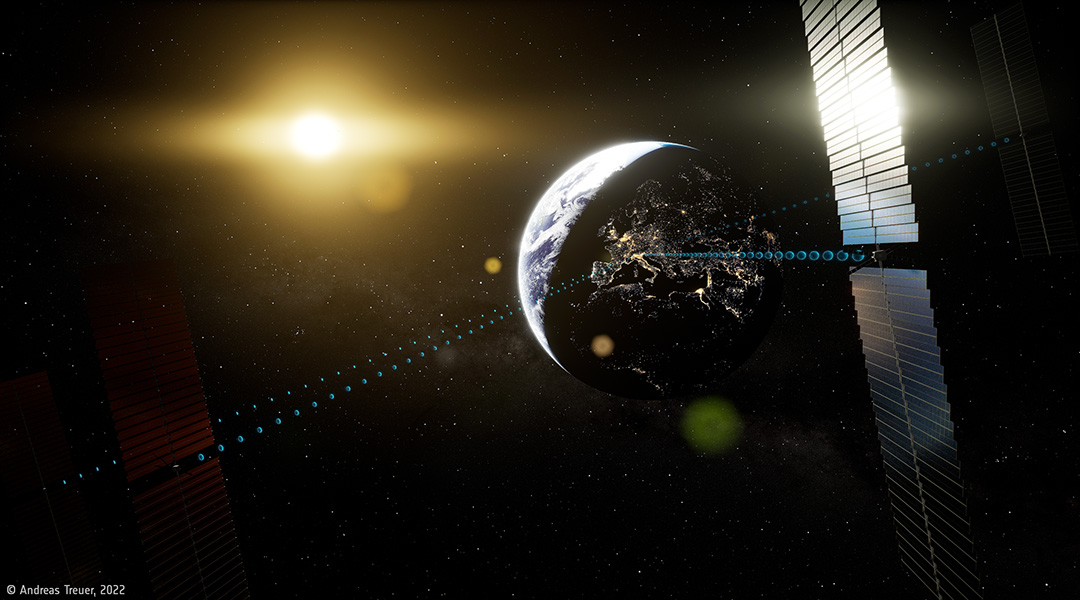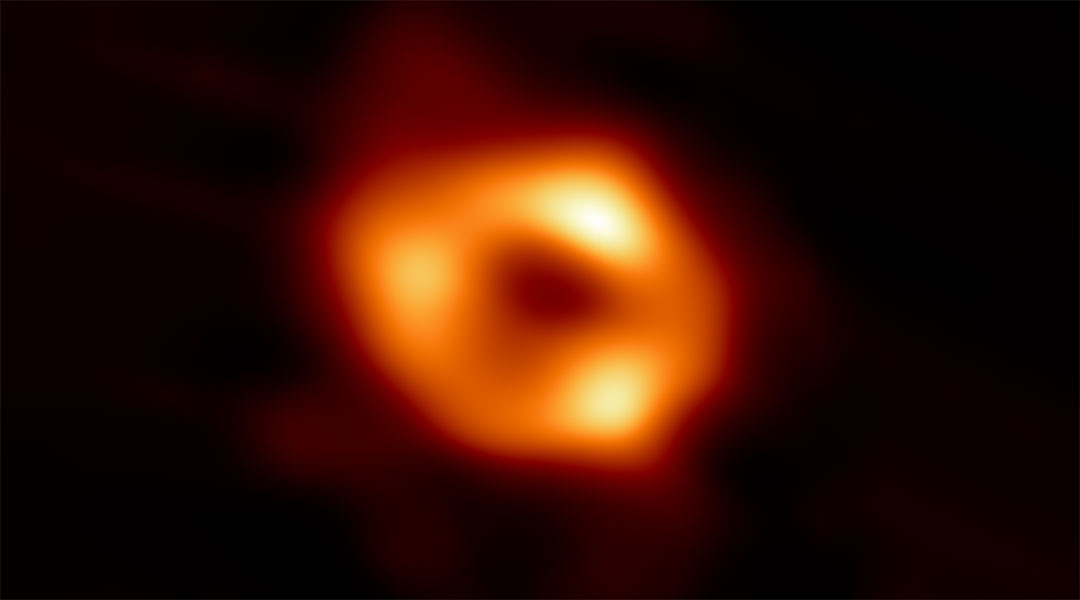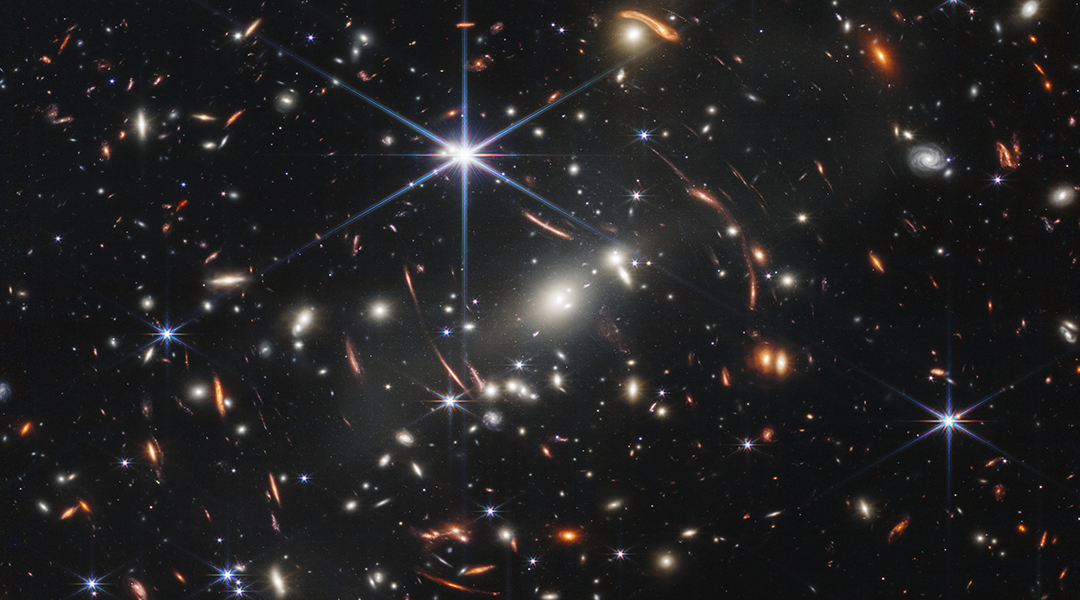Scientists use quantum entanglement to compare two atomic clocks achieving what might be the ultimate precision possible.


Scientists use quantum entanglement to compare two atomic clocks achieving what might be the ultimate precision possible.

The 3.5-billion-year-old shoreline provides evidence of an ancient ocean in Mars’ northern hemisphere as well as sea-level rise.

A lot is riding on COP27, and while many are feeling the pull of cynicism, there are still many reasons to remain optimistic.

With climate change, the weaponization of energy, lower satellite launch costs, incentives to harness space-based solar power are on the horizon.

Researchers at the Southern University of Science and Technology in China ask if gravitons can be promising candidates for dark matter components.

Imaging a black hole is not an easy thing, it takes years of experiments, collaborations, grants, planning, and no small amount of luck.

NASA has published the first five images from the James Webb Space Telescope, highlighting each of the key questions it will study.

A compilation of data gathered over the last 20 years shows a surprising drop in global temperatures on Neptune.

This year’s World Water Day theme is groundwater, and here’s what some scientists have found recently about this precious resource.

Biochemist and astrobiologist Emmett Chappelle created a simple means of identifying life and opened a new world for fluorescence testing.